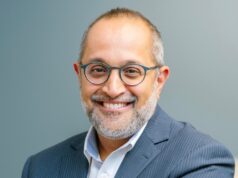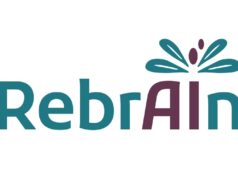 A UK clinical trial evaluating deep brain stimulation (DBS) in children with epilepsy recently got underway—and a teenager who was the patient to take part in the study has seen his daytime seizures reduced by 80%.
A UK clinical trial evaluating deep brain stimulation (DBS) in children with epilepsy recently got underway—and a teenager who was the patient to take part in the study has seen his daytime seizures reduced by 80%.
In October 2023, 12-year-old Oran, who had been having severe epileptic seizures for eight years and often needed resuscitation, was the first child in the country to have a DBS device implanted at Great Ormond Street Hospital (GOSH; London, UK). Eight months later, his seizures had dramatically reduced in frequency and severity as a result of the DBS treatment he received.
The CADET pilot study is said to be the first UK-based clinical trial measuring this type of neuromodulation therapy in children with epilepsy. The study is now set to recruit three additional patients before 22 patients take part in the full trial. It has been funded by the UK Royal Academy of Engineering, GOSH Charity and LifeArc, and sponsored by University College London (UCL; London, UK), with other notable collaborators including King’s College London (London, UK), the University of Oxford (Oxford, UK) and UK-based company Amber Therapeutics.
“Every single day, we see the life-threatening and life-limiting impacts of uncontrollable epilepsy. It can make school, hobbies or even just watching a favourite TV show utterly impossible,” said Martin Tisdall (GOSH/UCL, London, UK). “For Oran and his family, epilepsy completely changed their lives and, so, to see him riding a horse and getting his independence back is absolutely astounding. We couldn’t be happier to be part of their journey. Deep brain stimulation brings us closer than ever before to stopping epileptic seizures for patients who have very limited effective treatment options. We are excited to build the evidence base to demonstrate the ability of deep brain stimulation to treat paediatric epilepsy and hope in years to come it will be a standard treatment we can offer.”
Among the purported benefits of the specific DBS technology being used in this trial are the fact that—unlike other devices, which are mounted on the chest—it is mounted on the patient’s skull, meaning the leads are less likely to break or erode as the child grows. The present device is also rechargeable via wearable headphones, meaning it can be used while watching a video or interacting with a tablet, and does not require surgery to replace it every 3–5 years.
“Our mission is to design pioneering research systems for exploring the treatment of intractable health conditions, such as paediatric epilepsy,” said Tim Denison (University of Oxford, Oxford, UK). “Oran is the first child in the world to receive this device and we are extremely pleased that it has had such a positive benefit for him and his family.”
The device in question targets the thalamus, which is a hub for electrical signals in the brain. It is hoped that the device will block electrical pathways and consequently stop seizures from spreading. The device also has settings for optimisation towards seizure patterns, which—although not utilised in this trial—could be used in the future for patients with Lennox-Gastaut syndrome (LGS).









